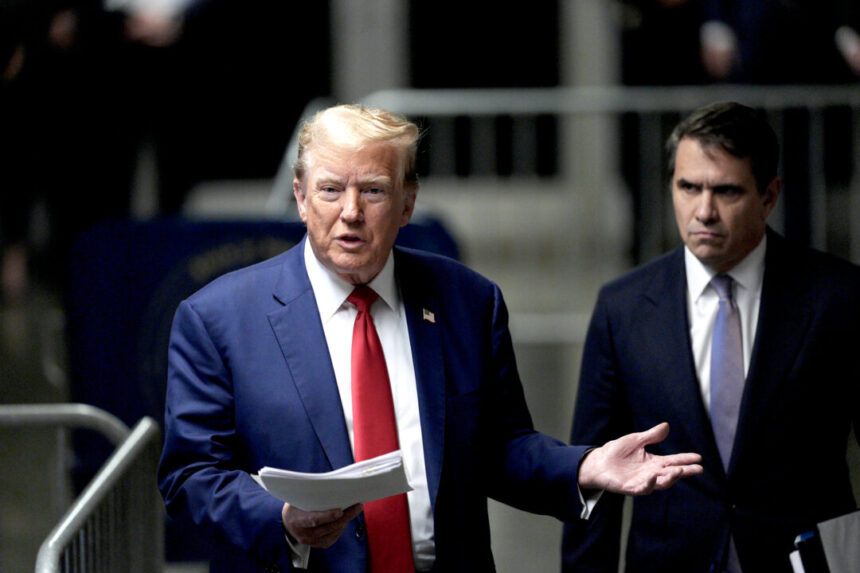President Trump has promised to reverse the Biden administration’s expansion of Title IX protections for transgender students on “day one” of his administration if he wins the election in November. President Biden has been proactive in promoting gender ideology and special protections for individuals who identify differently from their birth sex.
The Department of Education (DOE) recently updated the Title IX law to include sexual orientation and “gender identity,” sparking controversy and legal challenges. President Trump has pledged to undo these changes, stating that they will be reversed on his first day in office.
Each administration has its approach to enforcing Title IX regulations, with President Biden’s recent executive order tasking the Education Department with adding protections for an educational environment free of discrimination based on sexual orientation and gender identity.
The changes allow female-identifying males to use female facilities and join female-only organizations, raising concerns about women’s spaces, safety, and privacy. President Trump assured conservatives that these provisions would be terminated through an executive order on day one of his administration.
Transgender issues have become a divisive topic in American politics, with differing views on “gender-affirming care” laws and medical procedures for minors. Some states have passed laws banning medical sex-change procedures for minors, citing concerns about the lack of evidence for the benefits of such treatments.
The American College of Pediatricians has stated that gender-transition procedures provide no mental health benefit to youth with gender dysphoria. They caution against these interventions and recommend mental health therapy instead.
Reports from Finland and Florida have raised concerns about the use of puberty blockers and the lack of studies comparing outcomes between individuals with gender dysphoria using and not using these medications.
President Trump’s stance on reversing Title IX transgender provisions aligns with conservative views on transgender issues, setting the stage for potential policy changes in the future. Please provide a different version.
Source link





